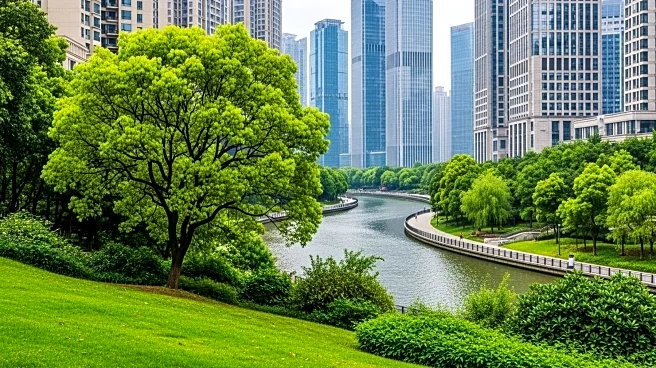Bangkok, the capital of Thailand, faces unique ecological challenges due to its rapid urban growth and strategic location in the Chao Phraya River delta. As a major urban center, Bangkok's development has impacted its natural environment, prompting discussions on sustainable practices and resource management.
Habitat or Environment
Bangkok is situated in a flat, low-lying area with an average elevation of 1.5 meters above sea level. Originally swampland, the area was gradually drained and irrigated for agriculture, leading to the development of the city's extensive canal system.
Interactions and Dependencies
The city's interactions with its environment are complex, with urban development affecting natural habitats and resources. Bangkok's dependency on its canal system for drainage and transportation highlights the need for sustainable infrastructure.
Conservation or Status
Efforts to address Bangkok's ecological challenges include initiatives for sustainable development and resource management. The city's status as a major urban center necessitates ongoing conservation efforts to balance growth with environmental sustainability.
Human Impacts
Human impacts on Bangkok's ecology are significant, with urbanization leading to challenges in resource management and environmental sustainability. Addressing these impacts is crucial for ensuring the city's long-term viability and resilience.
















